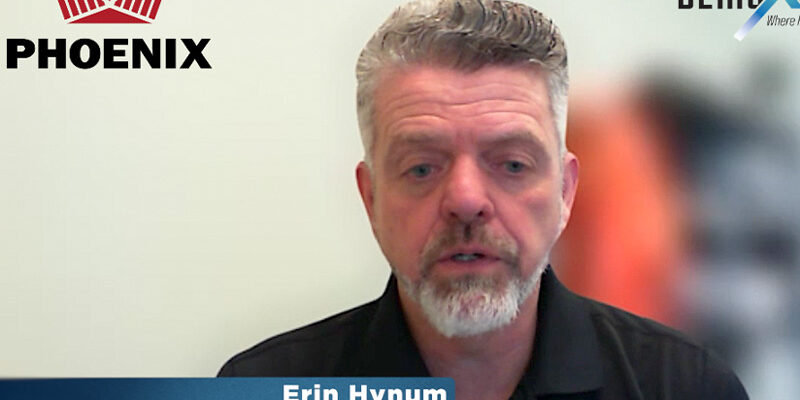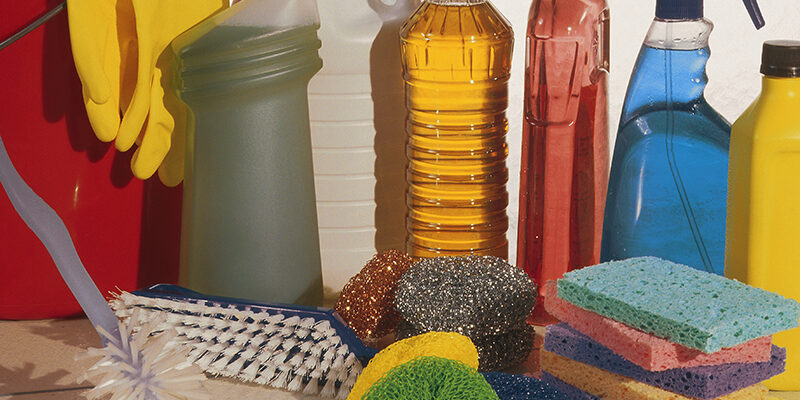The Winter Truckmount Guide

It’s almost here, and for some of us, it will probably arrive with a vengeance.
That’s right… winter is just around the corner, and for those living in cold climates, it means paying more than the usual attention to falling temperatures.
Besides protecting truckmounts from frigid temperatures, it’s a good time for all truckmount operators — especially those in colder climates — to spend some extra time and effort giving their machines some needed maintenance.
Keep it warm… or else!
The absolute most important precaution to take with your truckmount in the winter is keeping it from freezing. From the heat exchange system to the pump to solution lines and more, water that freezes and then expands is deadly to your machine.
Ron Britton, the director of cleaning products for Legend Brands, has specific recommendations for keeping a truck warm and subsequently free of the risk of freezing. “We always recommend that customers store their truckmounts in a heated garage. We know that is not always possible, but even keeping the unit indoors out of the wind and snow will help,” he says.
Using electric heaters
While many business owners use electric heaters to keep the interior of their vans hovering above freezing temperatures, Britton is strongly against that tactic. He says customers frequently ask about using heaters, but “we strongly recommend using antifreeze with truckmounts, instead, for two important reasons.”
The first, he explains, is a truckmount ning through it, and any spark could ignite a fire that could badly damage or destroy it. Second, a heater depends on electrical power, and power outages are common during cold weather. “If the heater shuts off, the truckmount is at risk for freezing. It is much better to protect your truckmount with antifreeze just like you do with a motor vehicle.”
Besides the machine itself, Britton advises professionals bring any cleaning tools — wands, rotary tools, etc. — inside to a heated area or at least make sure there is no water in the lines.
“Consider descaling your machine to maintain proper water flow.”
When using electric…
Shane Wrigley, the national truckmount sales manager with Bridgepoint and Interlink Supply, recommends parking the van inside for the best defense against freezing temperatures. But if you choose to use an electric heater to keep truckmounts from freezing, he has some advice. “If you use an electric heater, use one that has forced air to create airflow. Make sure your electric heater is the only thing on the circuit,” he says, adding it’s best to keep the van clean and clear from clutter so the air can flow in and around the machine. “You don’t want the circuit to blow in the middle of the night.”
Besides that, he recommends a remote thermometer that will set off an alarm if the inside of the van falls below 34 degrees Fahrenheit. Getting a rude awaking in the middle of the night is much better than going out to the van in the morning and finding everything frozen solid.
Jeremy Wilson with Aero Tech Manufacturing believes in looking a little closer at the entire truck package itself. Yes, keeping electric heaters working and in good condition is important, but so is keeping the truck air-tight.
“Inspect all door seals and replace [them], if necessary,” he recommends. All it takes, Wilson warns, is a small opening where cold air can intrude, and you can have a freeze-up, either with the machine or even tools sitting far enough away from the electric heater. Besides this, Wilson says, get into the habit of turning off the water supply (when applicable to your specific machine) from your fresh water tank and draining any water you are able to from the system, such as water pump suction strainers, small water lines and headers, which are all areas that will tend to freeze first, even when using an electric heater.
“And, if you are not going to use your truckmount for more than a week,” Wilson adds, “or if it is scheduled to go into the shop, freeze guard it by blowing out or removing the water in all the tanks and lines including the water softener.” By doing this with an air compressor, “you won’t have to worry about removing any antifreeze from the system afterwards.”
If it does freeze…
When you discover a frozen machine, your inclination might be to turn it on and warm it up. That can be a very bad decision. Yes, it’s important heat up the machine and the van, but starting the truckmount will result in more damage. Ice particles in the pump, for one thing, will quickly cause damage that might be prevented with gradual thawing.
Instead, start the van itself and start warming up the interior. Even better is getting it into a heated garage and letting the machine thaw from warmer ambient air. If your truckmount has a pump clutch, it would be appropriate to start the machine as long as you are 100 percent certain the pump will not engage.
Preventative maintenance
During a slower season, it’s a good time to concentrate on catching up on some missed maintenance
“With winter right around the corner, now is a good time to do some general maintenance,” according to Mark Bergquist, the equipment production manager with MasterBlend. “Change all fluids, belts, plugs and air and fuel filters.”
Doing this, he says, helps with another issue… if you do have a breakdown, whether it is your van or truckmount, leaving it at a repair shop can be dangerous. “The last thing you want is to break down and have the vehicle towed to a repair shop where the van will sit outside in freezing weather overnight,” Bergquist warns. “If there’s any chance that your van may be left outside in freezing temperatures, make sure to have a heater in the van to keep the cleaning unit from freezing andcosting yourself expensive repairs.” If it isn’t possible tokeep the interior warm, ensure the machine is properly winterized.
What you can’t see…
…is what often causes trouble. A much-needed but often neglected maintenance procedure is descaling. When winter sets it, it’s a good time to consider descaling your machine. Scale buildup in heater coils reduces the interior diameter of the coil and affects water flow. You can’t see it, and maybe you can’t detect it is happening, but slowly over time — perhaps many months — your machine’s performance is being negatively affected.
Be sure to obtain manufacturer directions on descaling procedures, as machines vary on how to introduce the appropriate descaling product into the machine. A thorough rinsing of the entire water system is required. Winter is on its way. Do yourself — and your truckmount — a favor and be completely ready for it.












